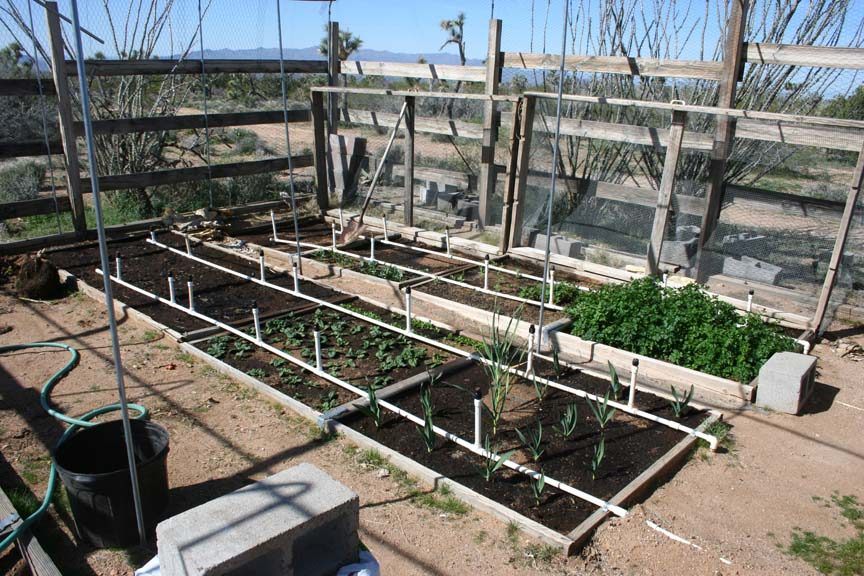Each autumn, the fruits of the harvest fill the shelves of local groceries and farmers markets, a colorful reminder of the many nutritional benefits of fresh produce. But growing produce offers equally sustaining, though perhaps less visible, benefits.
Beyond reduced grocery expenses, gardening offers many positive effects financially. A garden may be a good way to improve property value, for example, says David Ellis, director of communications for the American Horticultural Society and editor of its magazine, The American Gardener. But most people garden because they enjoy it, he says. “They grow vegetables and improve their own nutrition,” says Ellis, “and they grow flowers, which they give away and spread joy.”
A form of light exercise, gardening can be a great way to stay active. The exercise involved varies, depending on the task, and seniors should be careful not to overexert themselves, Ellis says.
Spending time outdoors has been linked with improved mental health. Recent studies have shown that the quantity of nearby green space buffers life stresses across ages. Gardening may lower cortisol levels in your brain, and in turn reduce stress levels, according to a study in the Journal of Health Psychology.
Gardening may also lower the risk of dementia by as much as 36%, according to a study conducted in 2010 in Australia. For this reason, horticultural therapy is a growing area proving helpful for seniors with dementia, says Ellis. With this form of active therapy, people are led through gardening tasks and see the results, often making use of fragrant herbs that stimulate memory, he says. “It has become a great tool,” says Ellis.

